Has your pet been acting differently since losing a beloved companion? Or maybe you’re wondering if animals really grieve the way we do.
The truth is—yes, they do. Pets can feel deep emotional pain after a loss, whether it’s a fellow animal they were bonded with or a human they loved. From sadness and confusion to loneliness and withdrawal, their grief can show up in ways that are subtle, yet deeply telling.
When you recognize the signs of a pet grieving the loss of a companion, you can offer the comfort and support they need to begin healing. Your presence, patience, and understanding can make a world of difference during this difficult time.
Here are 13 signs your pet is grieving the loss of a loved one—whether it’s another pet or a cherished family member:
1. They lose their appetite or overeat

If your pet suddenly isn’t interested in their food or is eating way more than usual, it could be a sign they’re feeling sad. Some pets might refuse their favorite treats, while others might start eating excessively as a way to comfort themselves. Keep an eye on their eating habits and try offering their favorite foods to entice them.
2. They Have Trouble Sleeping or sleep a lot

Grieving pets often sleep more. If your pet seems extra tired and naps a lot, they might be feeling down. They might choose to sleep in places where they used to spend time with their lost companion. This increased need for sleep is a way for them to cope with their emotions and process their loss. But some pets get restless and find it difficult to settle down at night. This can disturb their sleep routine and impact their emotional and physical well-being.
3. They become Clingy or needy

Your pet might start watching or following you everywhere or seem anxious when you’re not around. They need extra comfort during this time. They might become your little shadow, sticking close to you for reassurance. This clinginess is their way of seeking security and emotional support from you.
4. They keep barking or making Noises
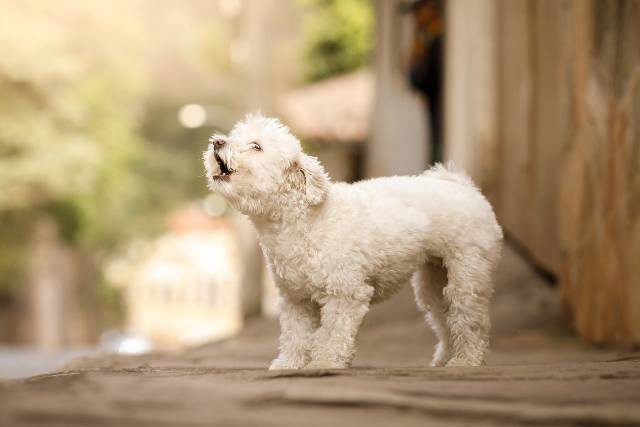
Some pets might bark, meow, or whine more when they’re sad. Others might be quieter than usual. Your dog might howl more, or your cat might cry out in the night. These vocalizations can be their way of expressing their confusion and sorrow. Pay attention to these changes in their communication.
5. They Hide or Avoid interactions with others
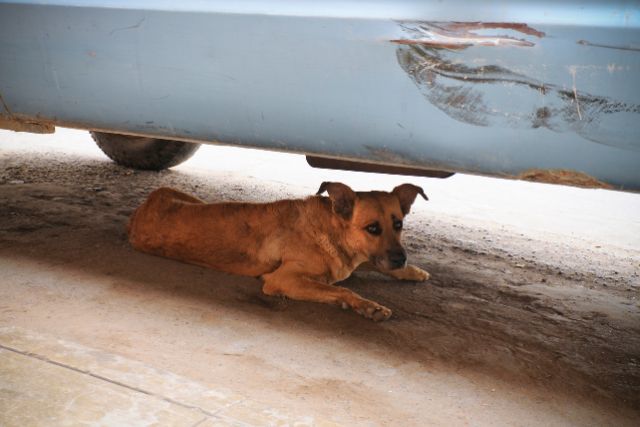
If your pet is hiding more or not wanting to be around people, they could be grieving. They might find secluded spots to curl up in, away from the usual hustle and bustle of the household. This withdrawal is a sign that they are dealing with their grief and need some alone time to process their emotions.
6. They have Accidents in the House
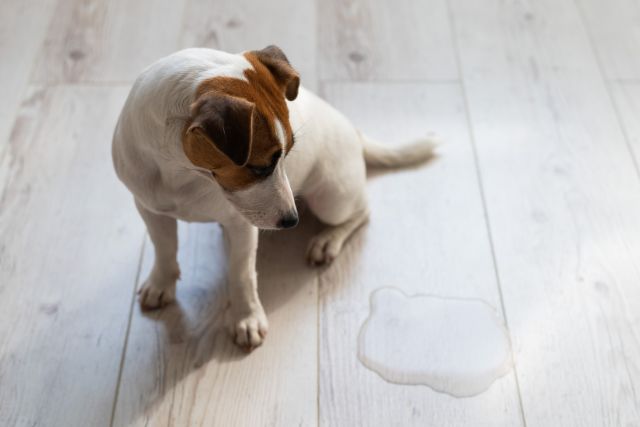
Grieving pets might have accidents indoors, even if they’re usually good about going outside or using the litter box. Stress and sadness can affect their bathroom habits, leading to accidents. Be patient with them and try to maintain a calm and supportive environment to help them readjust.

7. They easily get agitated and feel Restless

You might notice your pet pacing or being unable to settle down. This restlessness can be a sign of grief. They might wander around the house, looking for their lost friend or simply unable to find a comfortable spot. This behavior indicates their inner turmoil and the difficulty they’re having in finding peace.
8. They Excessively lick themselves
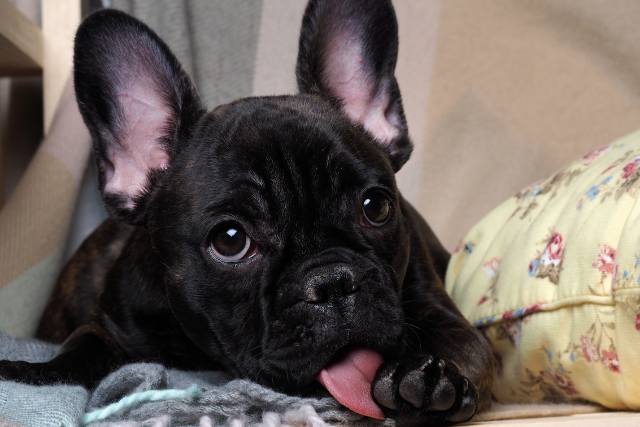
Cats might lick themselves too much to comfort themselves, which can lead to bald spots. This excessive grooming is a self-soothing behavior, similar to how humans might bite their nails when anxious. Keep an eye on their grooming habits and try to provide distractions to help them relax.
9. They need extra attention and Cuddles
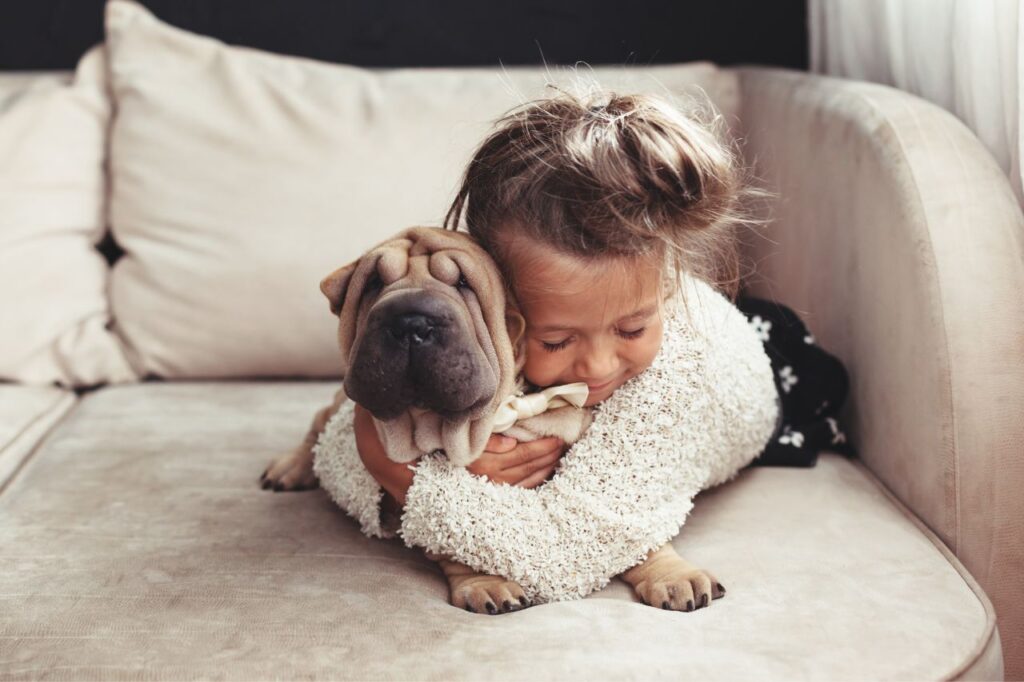
Some pets want more cuddles and affection when they’re sad. They might snuggle up to you more often. They may seek out your lap or follow you to bed, looking for physical closeness to feel safe and loved. Extra affection can be very comforting to a grieving pet.
10. They may look sad and become depressed

Just like people, pets can show signs of depression. They might seem less playful or energetic. You might notice their eyes look sad, or their body language appears droopy. They may lose interest in their favorite toys or activities. This general lack of enthusiasm is a clear sign they’re grieving.
11. They Loose Interest in Play
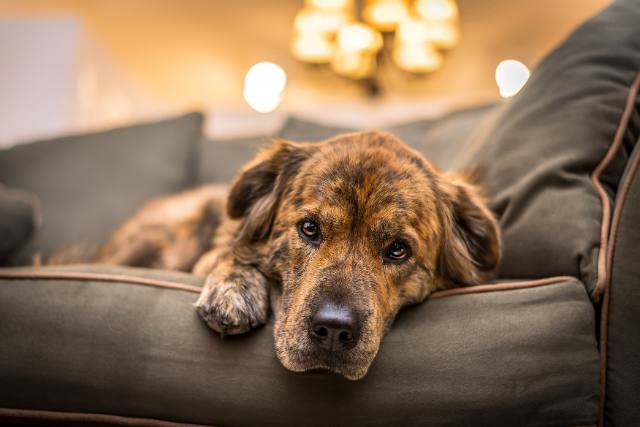
If your pet isn’t as excited about their favorite toys or games, it could be a sign they’re grieving. They might not chase after their ball or engage in playtime like they used to. This loss of interest in play is often a direct result of their sadness and can be one of the more noticeable changes in their behavior.
12. They become nervous or anxious
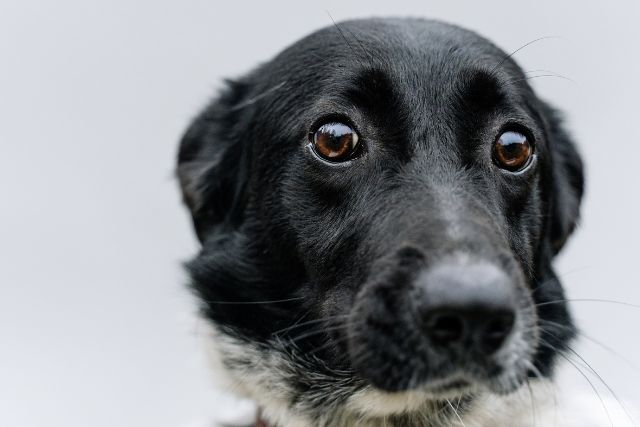
Grieving pets can become more anxious. They might show signs of nervousness, such as trembling, panting, or pacing. This anxiety can manifest in a heightened sensitivity to noises or new environments, making them more skittish or easily startled.
13. They become aggressive or destructive

Some pets might show aggressive or destructive behaviors when they are grieving. They could start chewing on furniture, scratching walls, or showing aggression towards other pets or people. This behavior is often a result of their frustration and inability to cope with their emotions in a healthy way.
If your dog is showing signs of grief, you’re not alone—and there are gentle ways to help them cope. For simple, heartfelt ideas on how to comfort your pup during this time, check out our post: 18 Ways to Help a Grieving Dog After a Loss

FAQ Understanding pet grief after loss of loved one
How long does pet grief usually last?
It’s different for every pet—some start to feel better after a couple of months, while others may take years to fully grieve the loss of their human or animal companion. Just like us, every animal processes their emotions at their own pace.
Should I get another pet to keep them company?
Not right away. While a new friend might help eventually, it’s best to give your pet time to grieve first. Rushing into it could make things harder for them.
What are the signs that my pet is grieving?
You might notice your pet eating less, sleeping more (or less), acting quiet or clingy, seeming restless, or losing interest in things they usually enjoy—like playing or going for walks.
Do pets grieve the loss of another pet?
Yes, animals experience grief too—often feeling sadness, loneliness, and confusion when a companion passes away. They may not express it the same way we do, but if you look closely, the signs are there.
Supporting Your Pet Through the Loss
When a pet is grieving the loss of a loved one, their emotional world can shift in ways that are deeply felt but often overlooked. From changes in appetite and sleep to clinginess or confusion, these signs are your pet’s way of expressing sadness and seeking comfort.
Recognizing that your pet is grieving the loss of a companion is the first step in helping them heal. With patience, love, and consistent care, you can be their emotional anchor during this time. Just like us, pets need space to mourn and someone to gently walk beside them on their journey back to balance.
Has your pet recently lost a furry friend or family member?
What signs have you seen?
Share your story in the comments below—I’d love to hear from you.

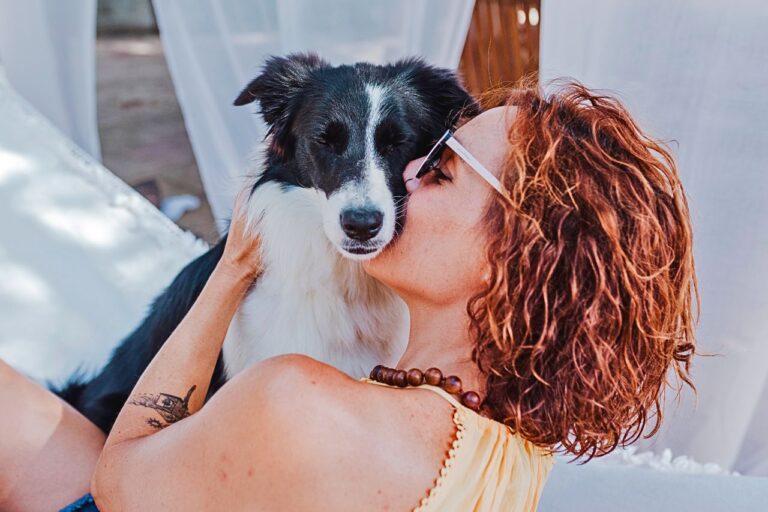


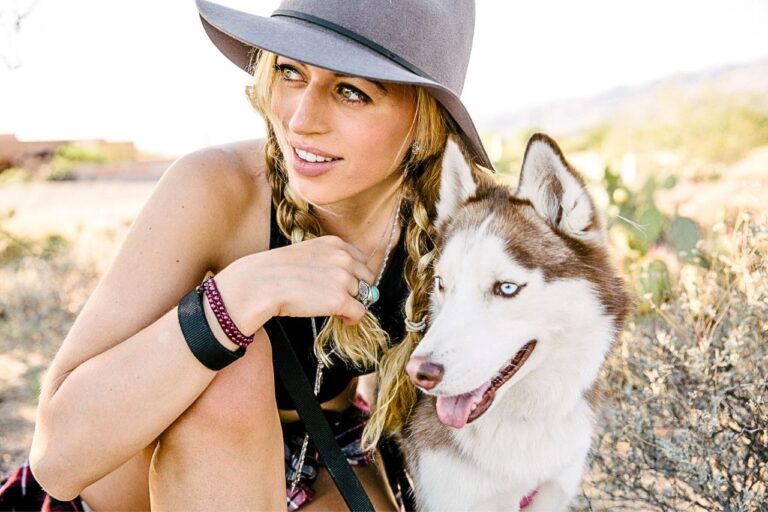


Hi, I lost my shih tzu yesterday,I’m devastated, but I felt his essence briefly this morning. I just want to know that he is ok.
Thank you
Sandra Power
Hi Sandra
I’m really sorry to hear about your shih tzu passing away. Losing our furry companions is such a painful experience because they become such a big part of our lives and families. But it is so divine that you felt his essence this morning. I think that was his way of letting you know that he is still around you.
Sending you love and healing in this difficult time.
Sandra